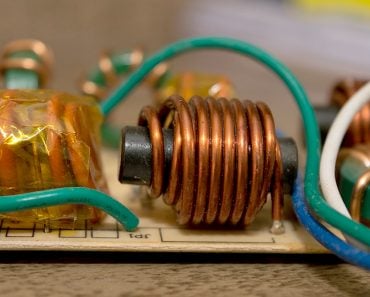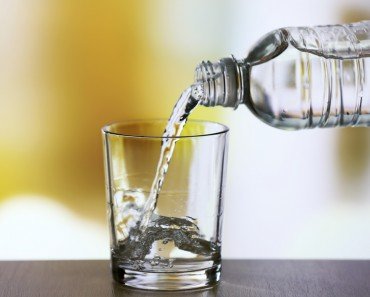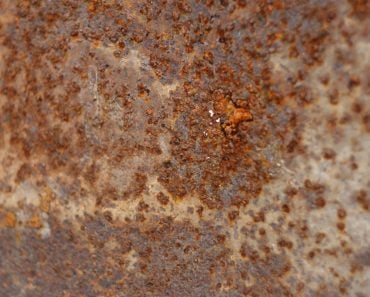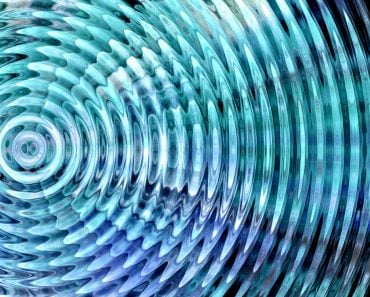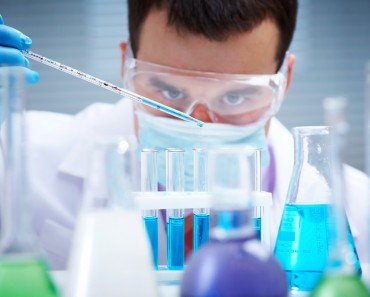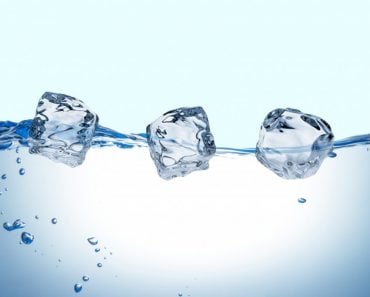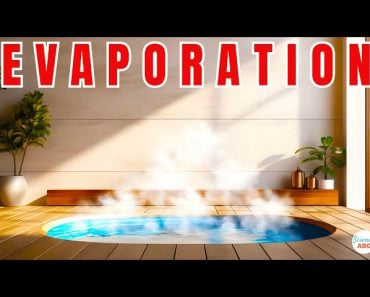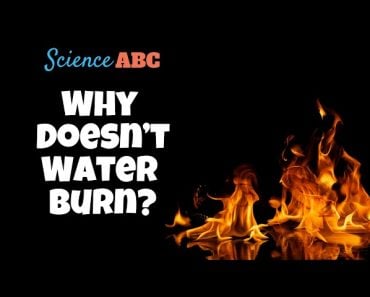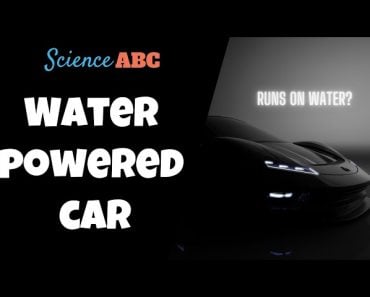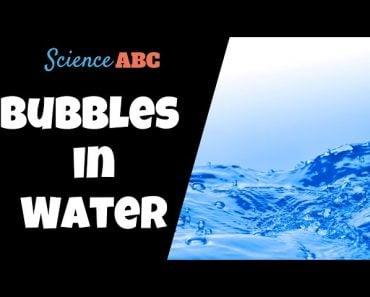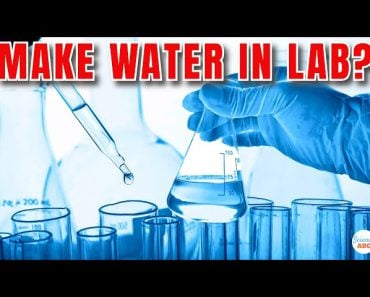Table of Contents (click to expand)
No, pure water doesn’t conduct electricity; by itself, it is a poor conductor of electricity. However, water contains charged ions and impurities that make it a very good conductor of electricity.
You may have heard this about water and electricity: water conducts electricity. This is why the combination of water and electricity is considered dangerous, as it can cause electric shocks to those who come in contact with it.
However, if we delve into the depths of chemistry on this issue, we can see that pure water is not a good conductor of electricity. In other words, it does not allow electricity to flow through it.
Recommended Video for you:
Water Is A Universal Solvent
Water is a good solvent as it can dissolve many substances. In fact, it is often referred to as the “universal solvent” because it can dissolve more substances than any other liquid.
Water molecules have a polar nature, meaning there is a partial negative charge on the oxygen atom and a partial positive charge on the hydrogen atoms. This polarity allows water molecules to surround and break apart ions and polar molecules, enabling their dispersion in water.
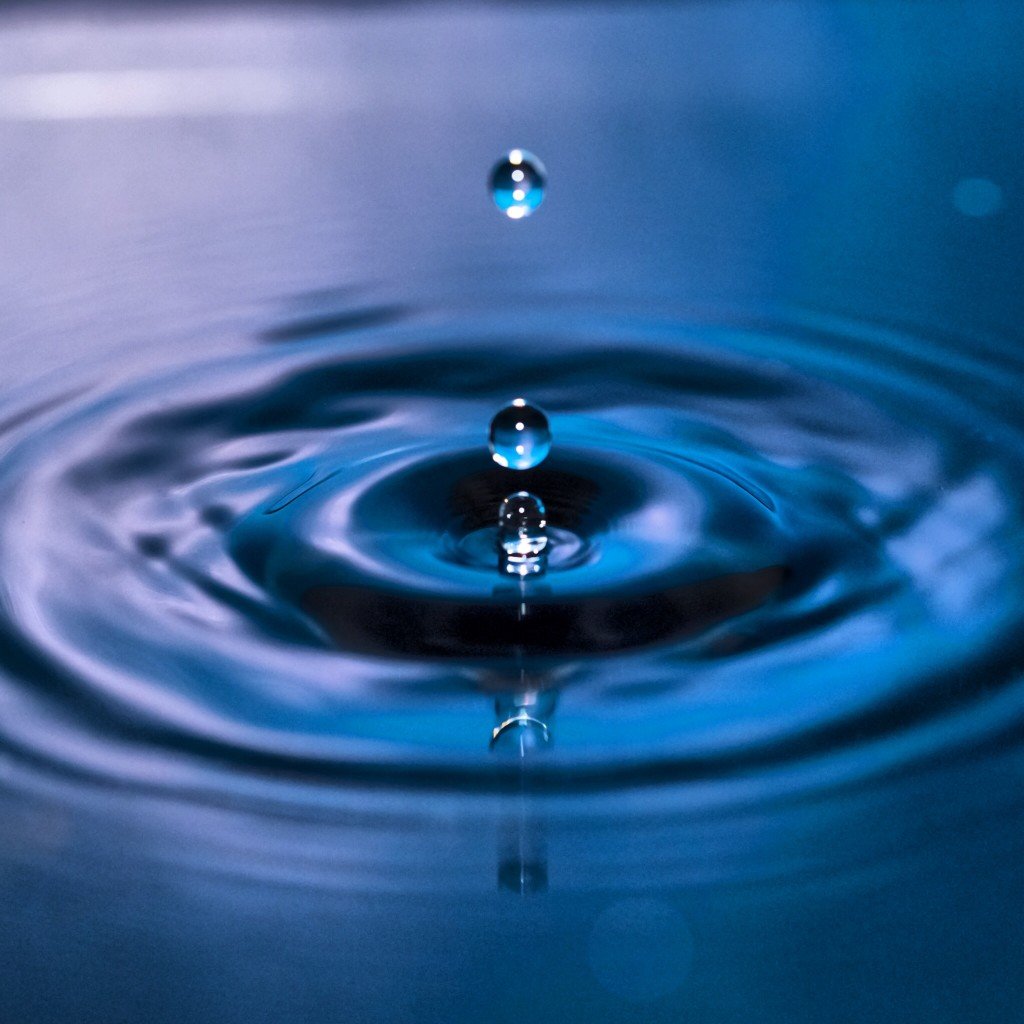
Thanks to this unique property, water can dissolve various compounds, including salts, sugars, acids, and some gases. This makes it an essential component for various biological and chemical processes in nature and laboratories. The versatility of water as a solvent plays a crucial role in supporting life and enabling many chemical reactions.
Almost all water we encounter daily contains dissolved substances, chemicals, and minerals – whether from the kitchen tap, shower, swimming pool, or elsewhere.
It is improbable that any water we use is entirely pure, free from all salts, minerals, and impurities.
Also Read: What Are The Bubbles Made Of When Water Boils?
Pure Water Doesn’t Conduct Electricity
Water’s ability to conduct electricity hinges on the presence of ion—charged particles. There are no ions in pure water, like fully deionized or distilled water. Without ions, there is no medium for charge movement, resulting in these types of water being non-conductive. This is because the absence of impurities and ions in such water prevents the flow of electric current.
Consequently, no charge flows through water, so pure water does not conduct electricity.
In distilled water, there are no impurities and, thus, no ions. There are only neutral molecules, and these neutral molecules lack a charge. For this reason, distilled water is unable to conduct electricity.
Also Read: Why Does Water Ruin Electronics But Alcohol Often Doesn’t?
Why Is ‘Regular’ Water A Good Conductor For Electricity?
Tap water, rainwater, and seawater all contain a vast array of impurities, such as sodium (Na+), calcium (Ca2+), and magnesium (Mg2+) ions. Because these ions are charged when present in water, they allow for the flow of electricity through the liquid.
Even a small amount of ions in water can allow it to conduct electricity, so it doesn’t require a large amount of impurities to function as a good conductor.
In summary, water can conduct electricity due to the dissolved ions and impurities. When a battery with positive and negative poles is placed in water, a closed circuit is created as the positive ions are attracted to the negative pole and the negative ions to the positive pole.
Water is amphoteric, meaning it can act as both an acid and a base. It is a good source of hydrogen, as electropositive elements can reduce water to a hydrogen molecule that is useful in redox reactions.
Water has higher surface tension compared to most liquids (one of the exceptions is mercury). This is due to hydrogen bonding in water molecules.
Also Read: Why Don’t Power Lines And Towers Short-Circuit During Rains?
Because the water we use daily is inevitably contaminated, keeping all electrical appliances away from it is best to prevent any contact.
References (click to expand)
- Water Chemistry.
- ELECTRICAL CONDUCTIVITY.
- Farzaneh, M., Fofana, I., & Hemmatjou, H. (2007, February). Effects of temperature and impurities on the DC conductivity of snow. IEEE Transactions on Dielectrics and Electrical Insulation. Institute of Electrical and Electronics Engineers (IEEE).
- Using Electrical Conductivity and Total Dissolved Solids ....

